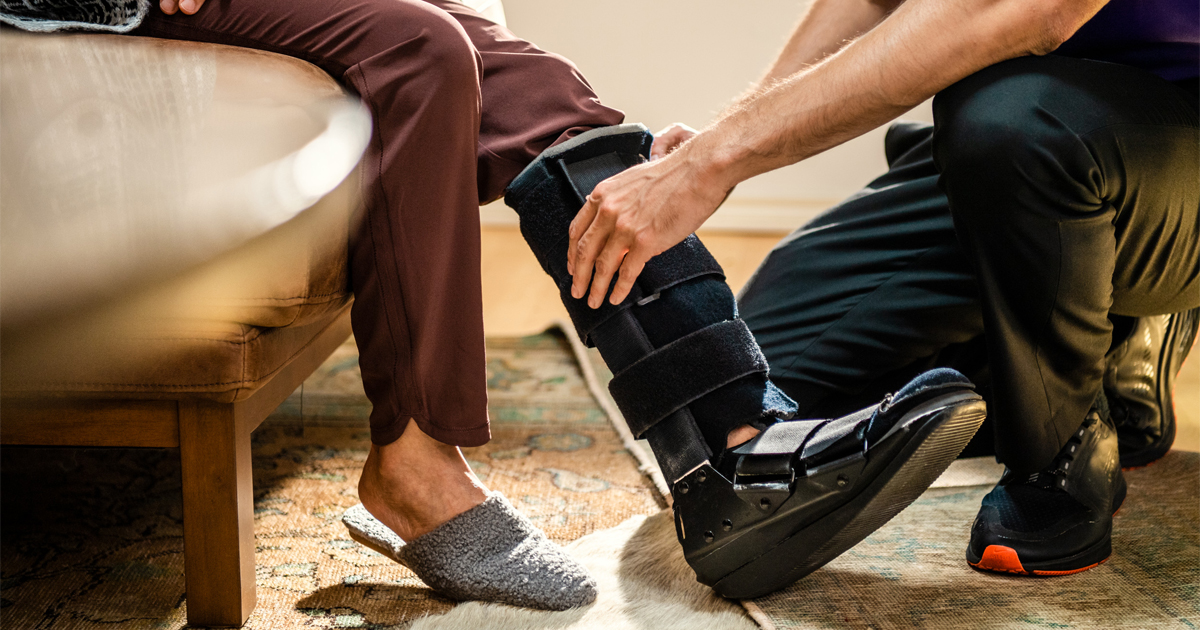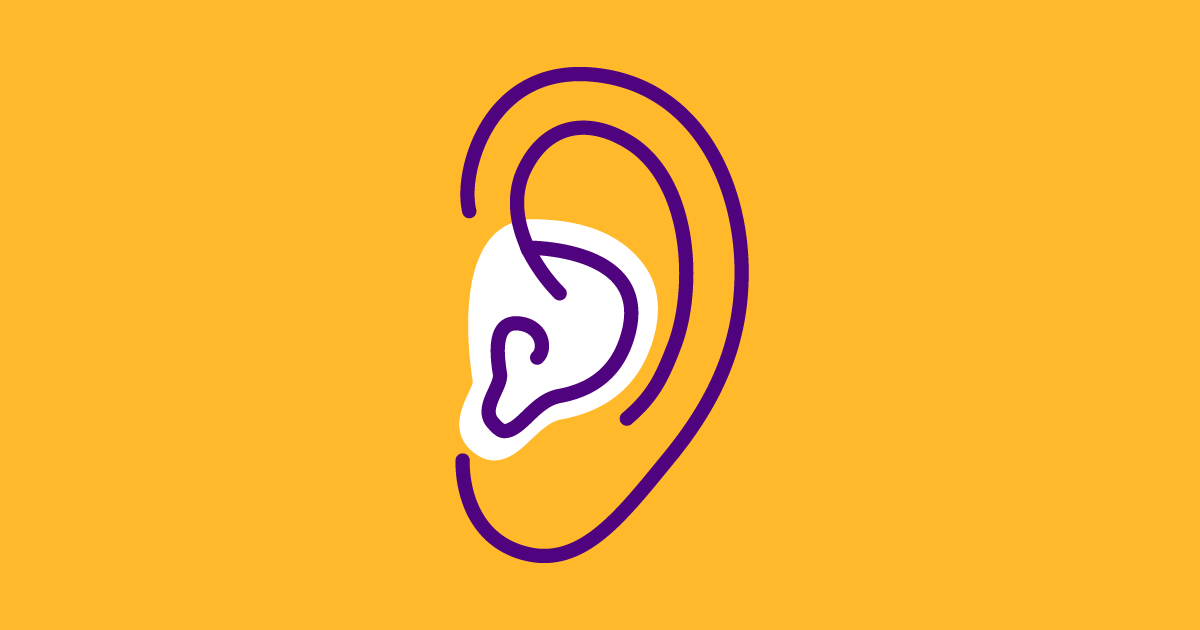Jackson didn’t know much about home health until he found himself in a position where he needed it.
Jackson and his wife were taking some cattle to auction when something unexpected happened. A bull gored him with his horn and left him with a 22-centimeter long wound on his leg and a few broken ribs. Someone called 911 and a helicopter took Jackson to the nearest hospital. He remained in the hospital for 10 days before he was able to return home.
“I was intubated,” he said. “There was a tube that went from my nose to my abdomen. I had every piece of equipment that modern medicine has developed in or near me, and today I wear a five inch Band-Aid.”
After Jackson’s physician discharged him from the hospital, he told him that he’d need home health care. He checked out online reviews for a few different companies and decided to go with Enhabit Home Health & Hospice because of the company’s high ratings and standards of care.
Jackson chose to undergo vacuum-assisted closure of his wound (wound VAC), also known as negative pressure wound therapy. It involves using a vacuum pump to apply gentle suction to the impacted area, which helps pull the edges of a wound together and promotes faster healing.
The home health team issued a wound VAC device, which would require a clinician to monitor it three times a week. Once his wound no longer required the use of the suction pump, his home health care evolved to changing his wound dressing and then educating him on the proper ways to care for his injury. Thirty days later, the home health care team determined he no longer needed services.
Making the transition from the hospital to home health care
For Jackson, receiving care in the hospital and the home were two vastly different experiences. In the hospital, he felt as if he was simply taking orders from doctors – and not learning how to properly manage his care on his own.
On Jackson’s last day before discharge, the hospital staff instructed his wife to watch as they changed the dressing, since she would need to do that twice a day and in between home visits.
“She was intimidated,” he recalled. “When we got home and started with home health, they took all the pressure off.”
The home health team showed Jackson’s wife exactly what to do and how to do it, as well as what to look out for.
Home health visits took place on Monday, Wednesday and Friday. There was a steady flow of communication between Jackson, his wife and his care team. The Enhabit team answered any questions, noted when they were doing a good job and provided feedback when there was room for improvement.
“It just felt like it was a great transition from everyone doing everything for us to ‘We’re going to do it ourselves,’” Jackson said.
Everything went according to plan, except for one night when the wound VAC device wasn’t working properly. He didn’t want to call Enhabit in the middle of the night, but the device’s alarm wouldn’t go off until the problem was addressed. Within 30 minutes of placing the call, someone came to his home and solved the problem.
Listening and following instructions
“I knew my best chance of returning to work and doing what I needed to do was to listen and abide,” Jackson said. “So, we did. I literally did everything the doctors told me, everything the nurses told me and everything the home health nurse told me.”
Reflecting on his experience, Jackson said he never imagined being back to his regular routine so soon. The severity of his wound was extreme and he assumed recovery would last a while.
“It’s unbelievable what the human body is capable of,” he said.
Gaining perspective from his home health care experience
One thing Jackson learned during his experience was that it takes a village to provide medical care. From the 911 operator to the EMTs who arrived at the scene, to the medical staff in the helicopter, to the staff at the hospital, to his home health team: it took each one of them to get him to where he is today.
His surgeon shared that had the bull gored him one more inch in the wrong direction, Jackson would have had injuries that were beyond the point of repair.
“When God gives you a second chance at life, you look at life differently,” he added. “I look at the group of people who have helped me get to this point. It’s been a great fortune. I am extremely thankful that I got here, and I consider Enhabit a big part of that.”
Social Share
At Enhabit our patients are our number one priority. From providing the latest medical practices to building deep personal connections, we’re focused on upholding every patient’s dignity, humanity and sense of control on their health care journey.
Home health
Our home health services give patients access to the care they deserve in the comfort of their own homes. From disease and injury management to recovery from surgery, our clinicians help patients confidently achieve their healthcare goals.
Hospice care
Our hospice care services place importance on the comfort of every patient living with a terminal illness. Our caring professionals are dedicated to providing not just physical care, but spiritual and emotional support to every patient and their loved ones.






